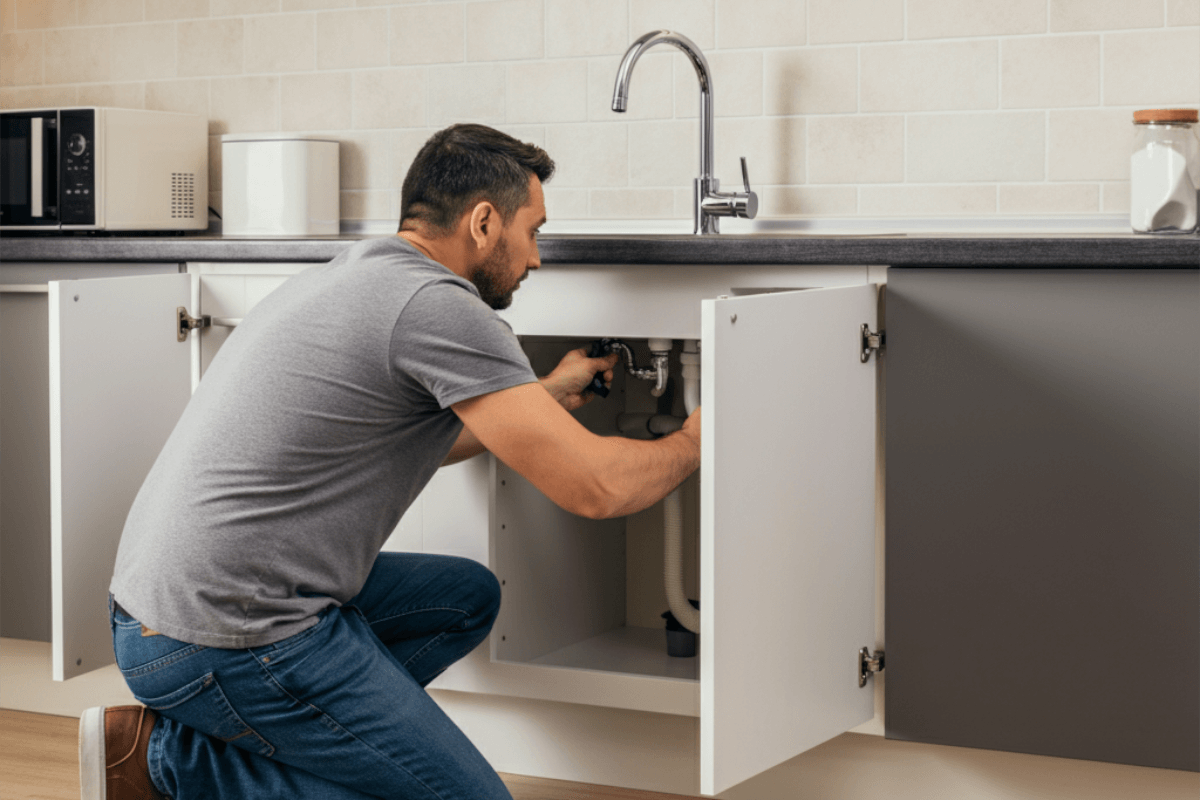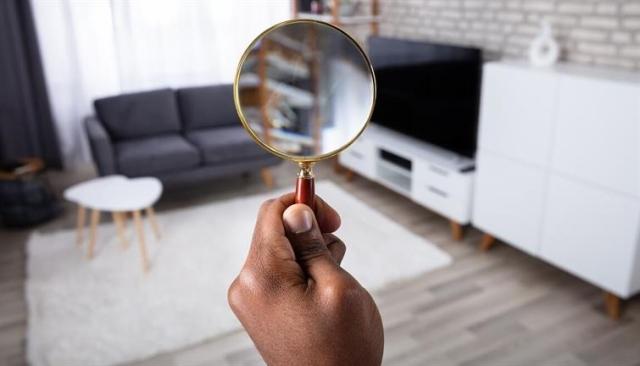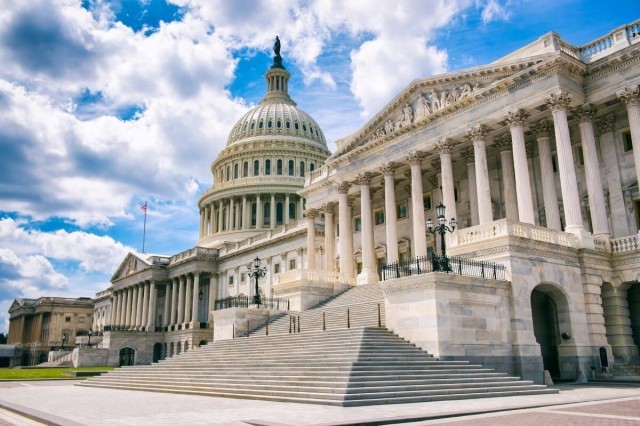An apartment inspection is a routine check by your landlord to make sure the rental is in good condition, that there’s no damage to the property, and that you aren’t violating the lease agreement. As you review your lease, you may come across a clause that begins with something like, “Right to Entry,” and the words, “inspection by landlord.” This clause is letting you know when and how the landlord might conduct routine inspections.
Your lease may state how often these inspections will take place, and while some landlords might not do any inspections or may only do yearly inspections, it isn’t uncommon for landlords to inspect their properties routinely, such as every three to six months.
If your landlord wants to inspect the property several times a month, that might be considered excessive and unnecessary. Frequent visits like this could violate your right to quiet enjoyment. Your lease should include a clause pertaining to the “covenant of quiet enjoyment.” This means you have the legal right to enjoy the property undisturbed. Even if it isn’t stated in your lease, most states consider this right implied.
Key Takeaways:
- Inspections help landlords identify small issues before they become major problems.
- Landlords must provide proper notice (typically 24-48 hours, depending on state laws) before conducting an inspection.
- While not required, being present durn the inspection allows you to point out concerns or maintenance needs.
- Common inspection items include structural integrity, appliances, plumbing, HVAC systems, smoke detectors, and pest control.
How much notice should your landlord give you?
Before you start cleaning just in case the landlord pops in, there are some rental inspection rules and regulations your landlord must follow. For example, the landlord should never show up unannounced for a routine inspection. Depending on your state laws, the landlord is likely required to give anywhere from 24 to 48 hours’ notice, and most landlords will give you at least that. Some landlords will even give you a week or two to prepare.
When your landlord notifies you of an upcoming apartment inspection, it will most likely be in writing. The letter will have the date and time that the inspection will be performed, specifics about what will be checked during the inspection (gutters, appliances, smoke detectors), and who will accompany them, if anyone. This could be a pest control technician, an electrician, or a plumber.
Finally, your landlord may state that the inspection will take place whether you are home or not. Your landlord may give you the option to reschedule for a time when you will be home, but this is not required. The letter may be hand-delivered, posted to your door, sent by mail, or emailed to you. As long as you are given proper notice, the method of delivery can vary.
What Your Landlord is Looking for During an Apartment Inspection

Your landlord will be checking for anything that needs attention, and there are some common issues that are routinely flagged during an inspection. If you are renting a single-family home or a duplex, the landlord might begin outside with a look at the roof and the gutters. The exterior of home will be checked for cracks or other signs of structural weakness, then they might look at the foundation, the driveway, and sidewalks.
Inside, the landlord may check the smoke detectors, the appliances, the HVAC system, the hot water heater, and they may look for signs of leaking pipes under sinks and in the basement or crawl space. Your landlord may also look for evidence of hidden pets or other lease violations.
If you are able, be present for these inspections so you can point out areas of concern. After all, you are in the home every day and you may notice things the landlord could overlook. For example, if the refrigerator is making a strange noise when the ice maker kicks on, or the dishwasher often has water in the bottom after completing a wash cycle, these issues may not be readily visible during an inspection. This is also a good time to point out any issues with mold or pests.
How to Prepare for a Rental Property Inspection
Give your apartment a good cleaning before the inspection. While your landlord isn’t necessarily checking up on your housekeeping skills, the condition of the property reflects how you are caring for the home. Make any minor repairs you can. If there’s a stain on the carpet or scuff marks on the walls, for example, do your best to clean those before the inspection. If your landlord sees signs of neglect or damage, it may be more difficult to renew your lease if you want to stay or get your security deposit back when you decide to move.
Remember that the apartment inspection isn’t personal. Most landlords conduct routine apartment inspections to make sure they spot small problems (for example, a dripping pipe under the sink) before they turn into massive and expensive repairs (a burst pipe and a flooded kitchen). Look at the inspection as an opportunity to get minor annoyances fixed and as a chance to work with your landlord to make improvements to the rental.
If your landlord spots a problem that you caused, you may have to pay to repair it. For example, if you routinely shower without using the exhaust fan or opening a window and mold is forming in the bathroom, that would be your responsibility. However, if there’s no vent fan or window in the bathroom so there’s no proper way to ventilate the space, the landlord would be responsible for the mold removal.
Apartment Inspection Checklist
Similar to a walk-through inspection before you move in or out, your landlord may have a checklist for the apartment inspection that you’ll both sign and date. The checklist might be comprehensive, or it could be a short to-do list pertaining to that visit only. Here are some of the things you might see on an inspection checklist:
Outside:
- Gutters (if they need to be cleaned, date of last cleaning)
- Cracks or foundation issues
- Roof (signs of age, hail damage)
- Deck, patio, or balcony (railings are secure, wood isn’t rotted)
- Fencing (any damage or instability)
- Sprinkler system
- Garage (doors functioning properly)
- The grounds (if you are responsible for the lawn, is it well maintained)
Inside:
- Walls and ceiling (cracks, spots, or holes)
- Flooring (wear of carpet, stains, scratches to wood floor, condition)
- Doors and locks (functioning properly)
- Windows (not cracked or broken)
- Curtains/blinds (if they were included with the rental)
- Furniture (if it is a furnished rental, signs of wear, rips, or tears)
- Lighting and electrical fixtures
- Heating and cooling systems
- Water heater (any signs of leaks or wear)
- Filters (if changed, date of change)
- Pest treatments applied
- Smoke detector batteries (replaced or date changed)
- Fire extinguishers (fully functional and available)
- Appliances (condition of refrigerator, stove, dishwasher)
- Cabinets and countertops (dings, dents, scratches, broken hinges)
- Plumbing (any leaks, issues)
- Bathroom exhaust fans (fully functional to prevent mold)
- Windows and screens (any cracks, tears, or gaps in the seals)
The most important thing to remember about apartment inspections? Don’t stress about them! Landlords who conduct routine inspections do so because they want to keep their property in good condition. The inspection should be quick and easy, and it gives you an opportunity to discuss any potential issues with your landlord. When the landlord checks things like smoke detectors, cracks in the foundation, and electrical systems, it protects not only the property, but your safety as well.






